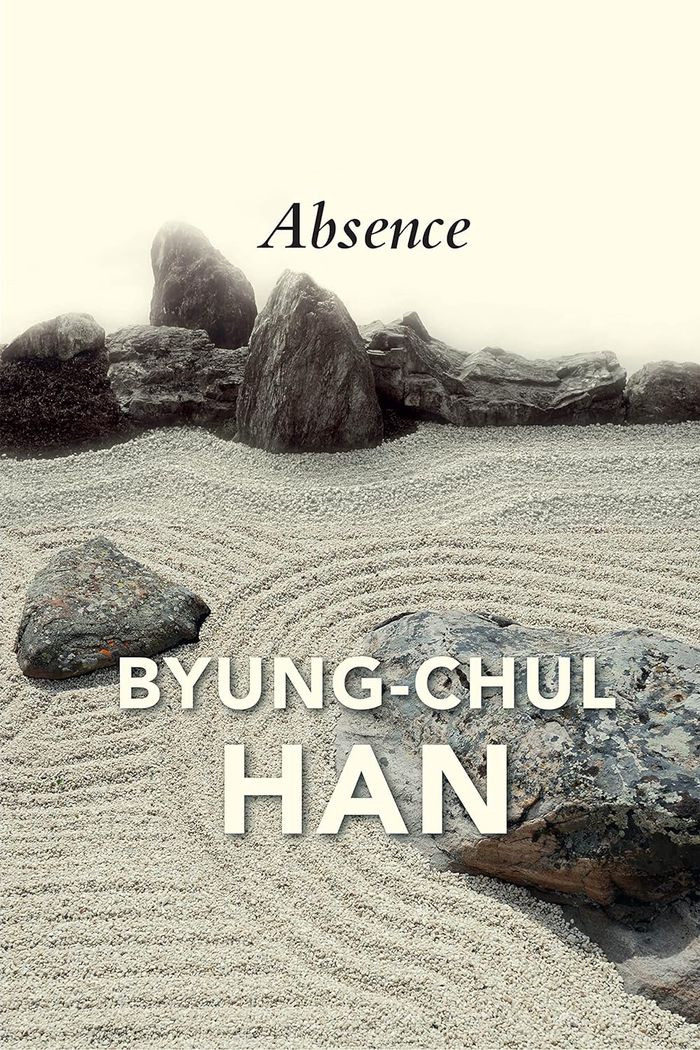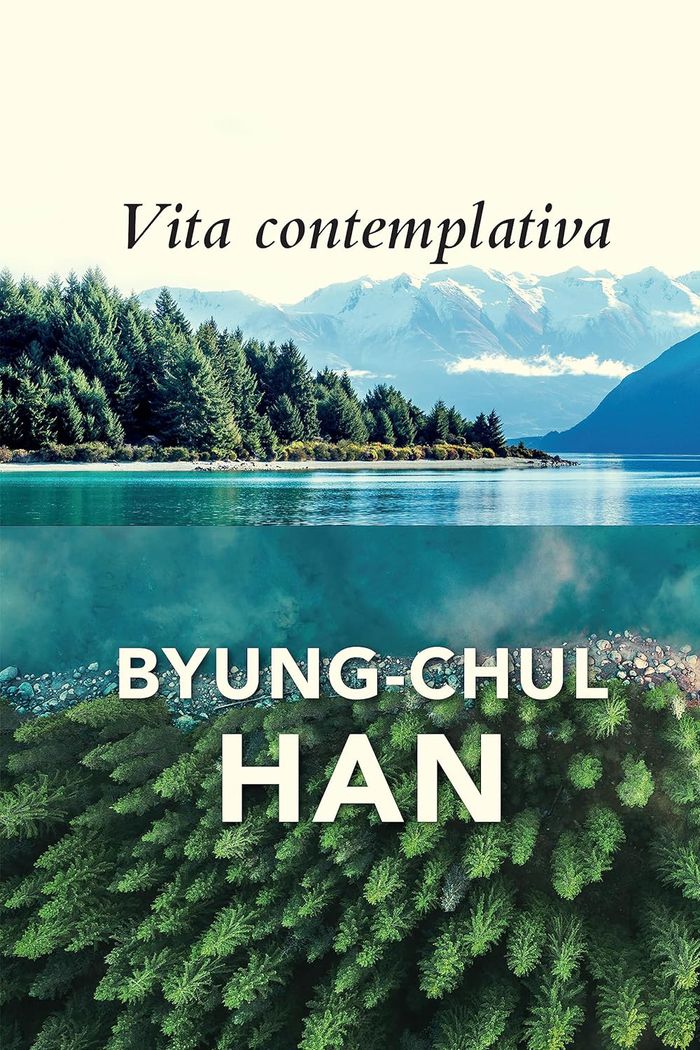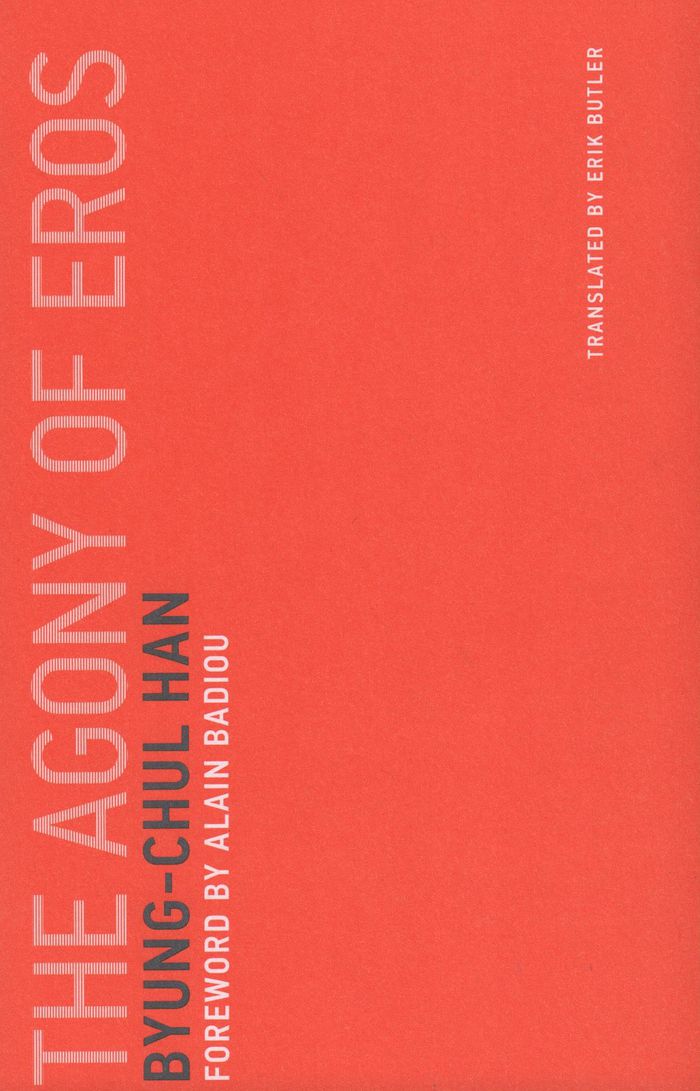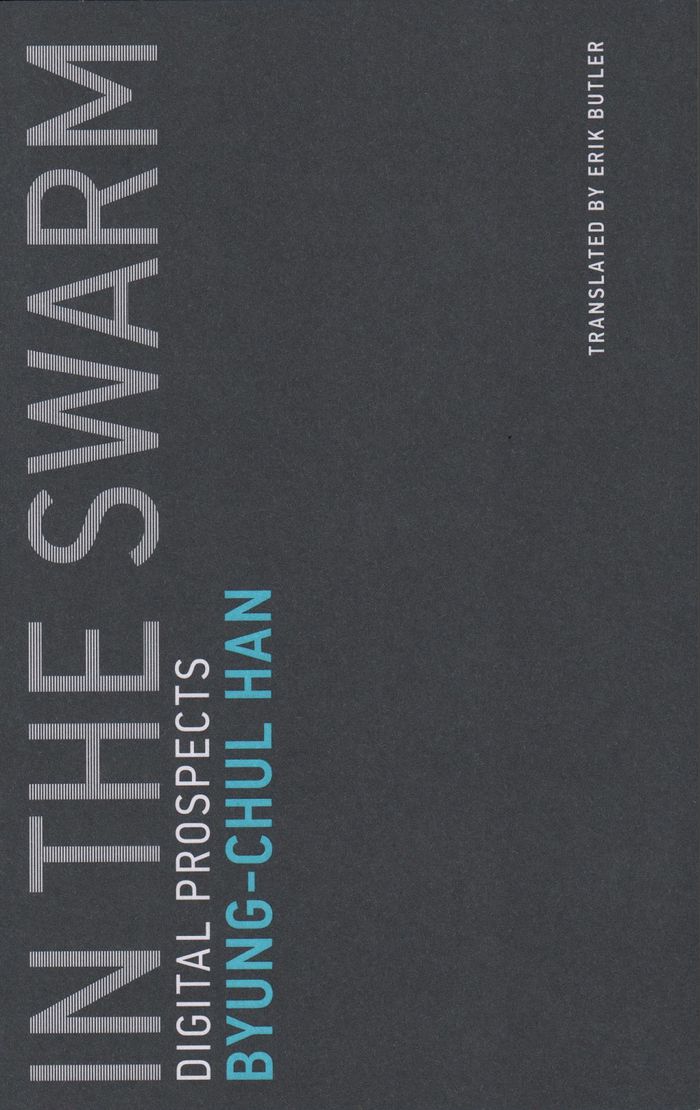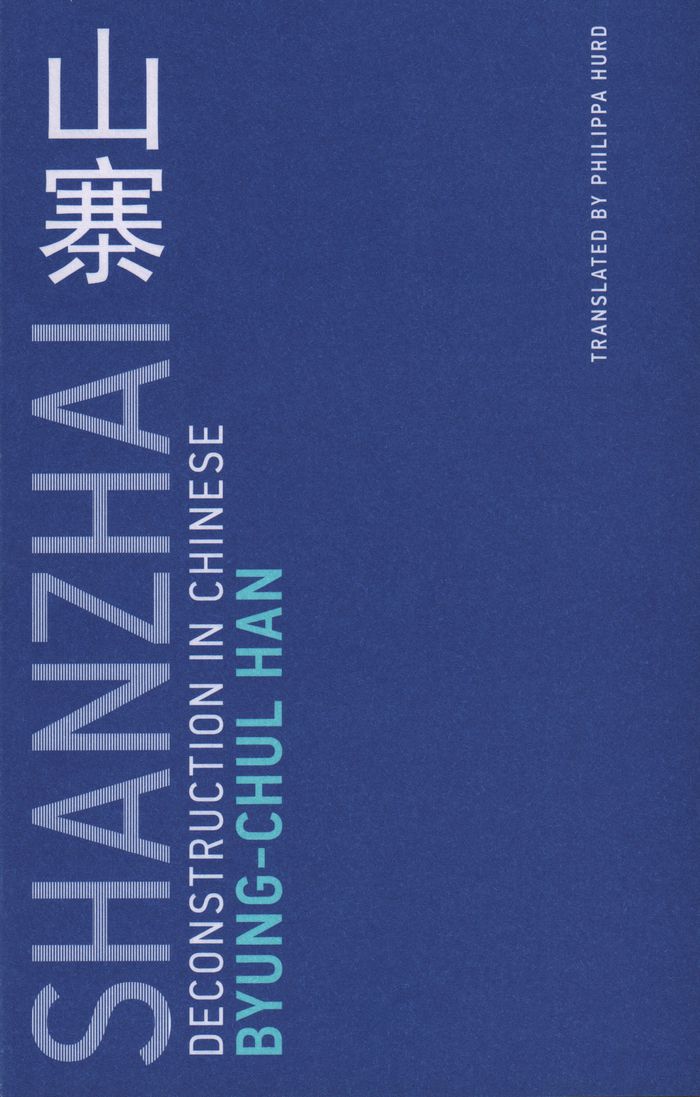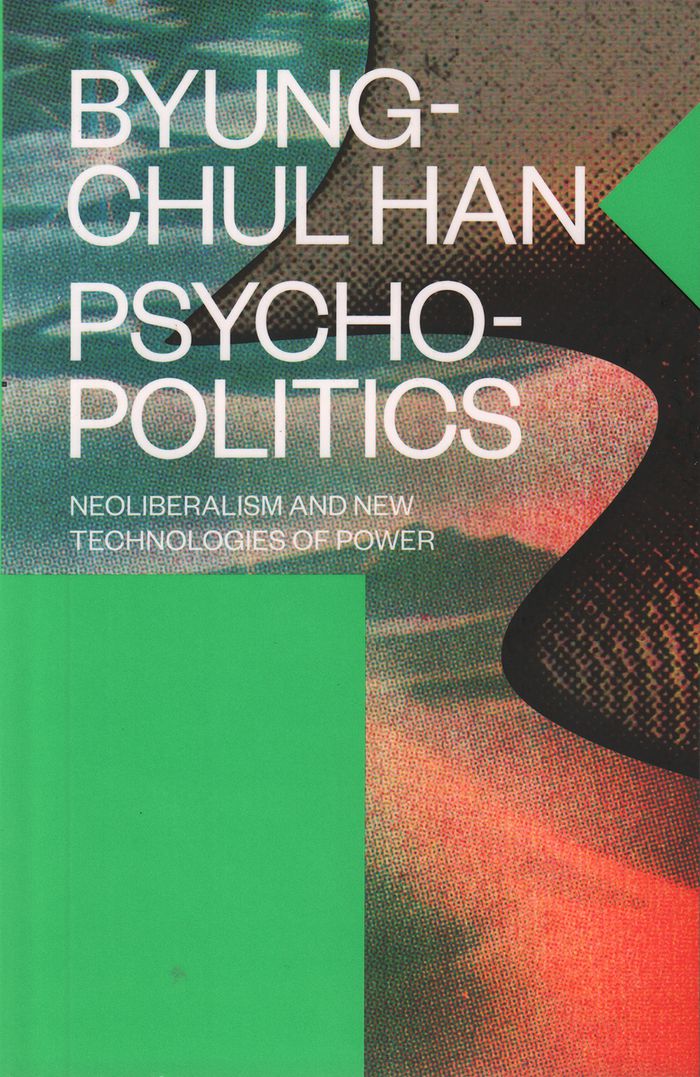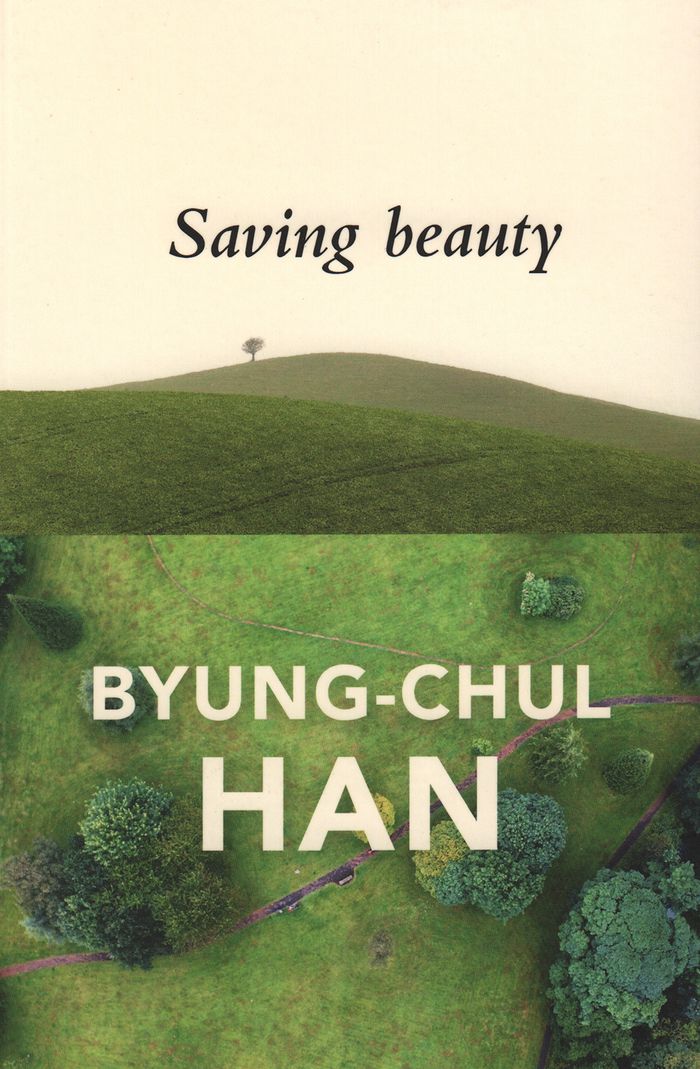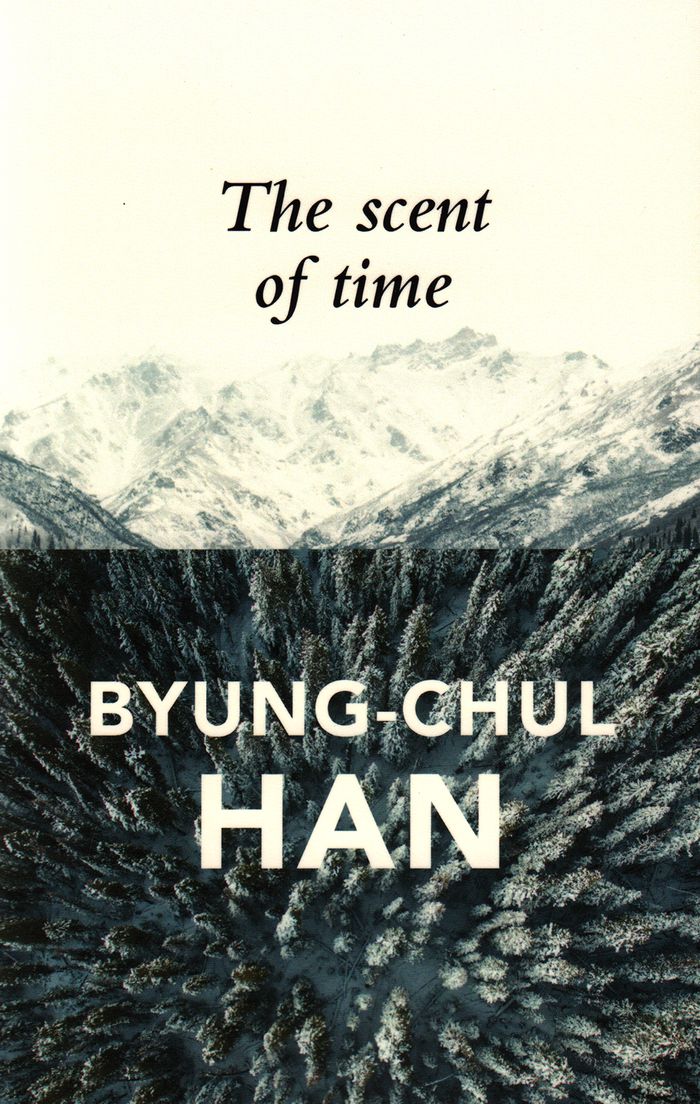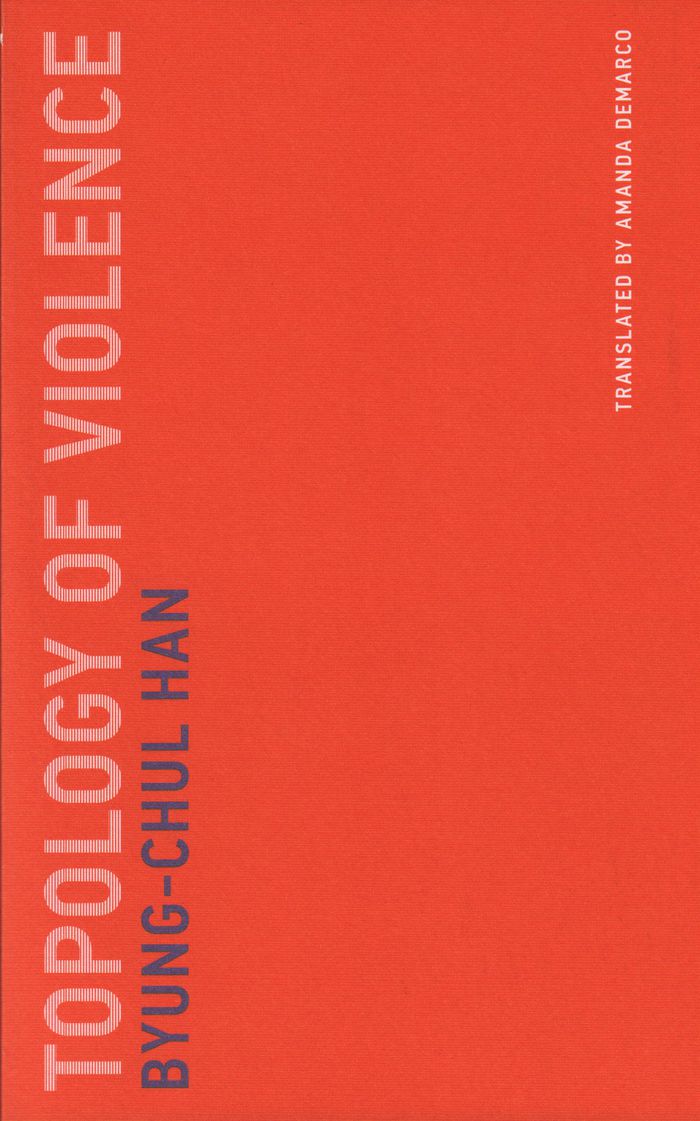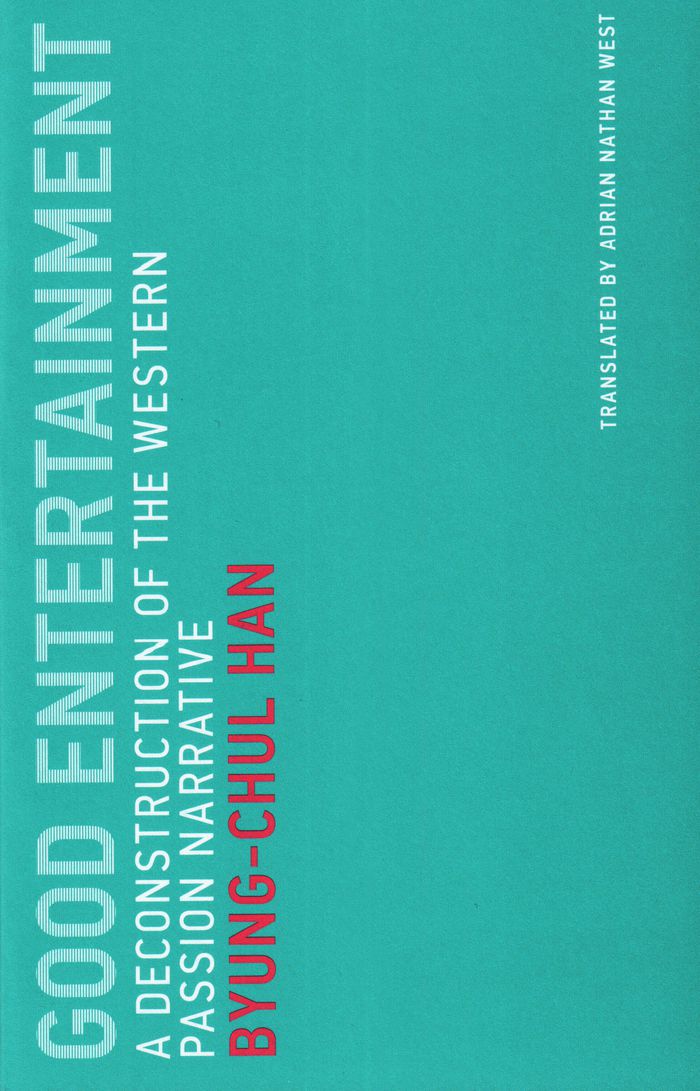$19.95
(available to order)
Summary:
Western thinking has long been dominated by essence, by a preoccupation with that which dwells in itself and delimits itself from the other. By contrast, Far Eastern thought is centred not on essence but on absence. The fundamental topos of Far Eastern thinking is not being but ‘the way’ (dao), which lacks the solidity and fixedness of essence. The difference between(...)
Absence: On the culture and philosophy of the Far East
Actions:
Price:
$19.95
(available to order)
Summary:
Western thinking has long been dominated by essence, by a preoccupation with that which dwells in itself and delimits itself from the other. By contrast, Far Eastern thought is centred not on essence but on absence. The fundamental topos of Far Eastern thinking is not being but ‘the way’ (dao), which lacks the solidity and fixedness of essence. The difference between essence and absence is the difference between being and path, between dwelling and wandering. '‘A Zen monk should be without fixed abode, like the clouds, and without fixed support, like water’', said the Japanese Zen master Dogen. Drawing on this fundamental distinction between essence and absence, Byung-Chul Han explores the differences between Western and Far Eastern philosophy, aesthetics, architecture and art, shedding fresh light on a culture of absence that may at first sight appear strange and unfamiliar to those in the West whose ways of thinking have been shaped for centuries by the preoccupation with essence.
Critical Theory
$19.95
(available in store)
Summary:
In our busy and hurried lives, we are losing the ability to be inactive. Human existence becomes fully absorbed by activity – even leisure, treated as a respite from work, becomes part of the same logic. Intense life today means first of all more performance or more consumption. We have forgotten that it is precisely inactivity, which does not produce anything, that(...)
Vita Contemplativa: In praise of inactivity
Actions:
Price:
$19.95
(available in store)
Summary:
In our busy and hurried lives, we are losing the ability to be inactive. Human existence becomes fully absorbed by activity – even leisure, treated as a respite from work, becomes part of the same logic. Intense life today means first of all more performance or more consumption. We have forgotten that it is precisely inactivity, which does not produce anything, that represents an intense and radiant form of life. For Byung-Chul Han, inactivity constitutes the human. Without moments of pause or hesitation, acting deteriorates into blind action and reaction. When life follows the rule of stimulus–response and need–satisfaction, it atrophies into pure survival: naked biological life. If we lose the ability to be inactive, we begin to resemble machines that simply function. True life begins when concern for survival, for the exigencies of mere life, ends. The ultimate purpose of all human endeavour is inactivity. In a beautifully crafted ode to the art of being still, Han shows that the current crisis in our society calls for a very different way of life: one based on the "vita contemplative." He pleads for bringing our ceaseless activities to a stop and making room for the magic that happens in between. Life receives its radiance only from inactivity.
Critical Theory
The Agony of Eros
$19.95
(available in store)
Summary:
Byung-Chul Han is one of the most widely read philosophers in Europe today, a member of the new generation of German thinkers that includes Markus Gabriel and Armen Avanessian. In "The agony of Eros", a bestseller in Germany, Han considers the threat to love and desire in today’s society. For Han, love requires the courage to accept self-negation for the sake of(...)
The Agony of Eros
Actions:
Price:
$19.95
(available in store)
Summary:
Byung-Chul Han is one of the most widely read philosophers in Europe today, a member of the new generation of German thinkers that includes Markus Gabriel and Armen Avanessian. In "The agony of Eros", a bestseller in Germany, Han considers the threat to love and desire in today’s society. For Han, love requires the courage to accept self-negation for the sake of discovering the Other. In a world of fetishized individualism and technologically mediated social interaction, it is the Other that is eradicated, not the self. In today’s increasingly narcissistic society, we have come to look for love and desire within the “inferno of the same.” Han offers a survey of the threats to Eros, drawing on a wide range of sources—Lars von Trier’s film Melancholia, Wagner’s Tristan und Isolde, Fifty Shades of Grey, Michel Foucault (providing a scathing critique of Foucault’s valorization of power), Martin Buber, Hegel, Baudrillard, Flaubert, Barthes, Plato, and others. Han considers the “pornographication” of society, and shows how pornography profanes eros; addresses capitalism’s leveling of essential differences; and discusses the politics of eros in today’s “burnout society.” To be dead to love, Han argues, is to be dead to thought itself.
Critical Theory
In the swarm
$18.95
(available to order)
Summary:
Digital communication and social media have taken over our lives. In this contrarian reflection on digitized life, Byung-Chul Han counters the cheerleaders for Twitter revolutions and Facebook activism by arguing that digital communication is in fact responsible for the disintegration of community and public space and is slowly eroding any possibility for real political(...)
In the swarm
Actions:
Price:
$18.95
(available to order)
Summary:
Digital communication and social media have taken over our lives. In this contrarian reflection on digitized life, Byung-Chul Han counters the cheerleaders for Twitter revolutions and Facebook activism by arguing that digital communication is in fact responsible for the disintegration of community and public space and is slowly eroding any possibility for real political action and meaningful political discourse. In the predigital, analog era, by the time an angry letter to the editor had been composed, mailed, and received, the immediate agitation had passed. Today, digital communication enables instantaneous, impulsive reaction, meant to express and stir up outrage on the spot. “The shitstorm,” writes Han, ”represents an authentic phenomenon of digital communication.” Meanwhile, the public, the senders and receivers of these communications have become a digital swarm—not a mass, or a crowd, or Negri and Hardt’s antiquated notion of a “multitude,” but a set of isolated individuals incapable of forming a “we,” incapable of calling dominant power relations into question, incapable of formulating a future because of an obsession with the present. The digital swarm is a fragmented entity that can focus on individual persons only in order to make them an object of scandal. Han, one of the most widely read philosophers in Europe today, describes a society in which information has overrun thought, in which the same algorithms are employed by Facebook, the stock market, and the intelligence services. Democracy is under threat because digital communication has made freedom and control indistinguishable. Big Brother has been succeeded by Big Data.
Archive, library and the digital
$22.95
(available to order)
Summary:
Shanzhai is a Chinese neologism that means "fake," originally coined to describe knock-off cell phones marketed under such names as Nokir and Samsing. These cell phones were not crude forgeries but multifunctional, stylish, and as good as or better than the originals. Shanzhai has since spread into other parts of Chinese life, with shanzhai books, shanzhai politicians,(...)
Shanzhai : deconstruction in chinese
Actions:
Price:
$22.95
(available to order)
Summary:
Shanzhai is a Chinese neologism that means "fake," originally coined to describe knock-off cell phones marketed under such names as Nokir and Samsing. These cell phones were not crude forgeries but multifunctional, stylish, and as good as or better than the originals. Shanzhai has since spread into other parts of Chinese life, with shanzhai books, shanzhai politicians, shanzhai stars. In the West, this would be seen as piracy, or even desecration, but in Chinese culture, originals are continually transformed -- deconstructed. In this volume in the Untimely Meditations series, Byung-Chul Han traces the thread of deconstruction, or "decreation," in Chinese thought, from ancient masterpieces that invite inscription and transcription to Maoism -- "a kind a shanzhai Marxism," Han writes.
Critical Theory
$25.95
(available to order)
Summary:
Byung-Chul Han, a star of German philosophy, continues his passionate critique of neoliberalism, trenchantly describing a regime of technological domination that, in contrast to Foucault’s biopower, has discovered the productive force of the psyche. In the course of discussing all the facets of neoliberal psychopolitics fueling our contemporary crisis of freedom, Han(...)
Psychopolitics: neoliberalism and new technologies of power
Actions:
Price:
$25.95
(available to order)
Summary:
Byung-Chul Han, a star of German philosophy, continues his passionate critique of neoliberalism, trenchantly describing a regime of technological domination that, in contrast to Foucault’s biopower, has discovered the productive force of the psyche. In the course of discussing all the facets of neoliberal psychopolitics fueling our contemporary crisis of freedom, Han elaborates an analytical framework that provides an original theory of Big Data and a lucid phenomenology of emotion. But this provocative essay proposes counter models too, presenting a wealth of ideas and surprising alternatives at every turn.
Critical Theory
Saving beauty
$15.95
(available to order)
Summary:
Beauty today is a paradox. The cult of beauty is ubiquitous but it has lost its transcendence and become little more than an aspect of consumerism, the aesthetic dimension of capitalism. The sublime and unsettling aspects of beauty have given way to corporeal pleasures and 'likes', resulting in a kind of 'pornography' of beauty. In this book, cultural theorist Byung-Chul(...)
Saving beauty
Actions:
Price:
$15.95
(available to order)
Summary:
Beauty today is a paradox. The cult of beauty is ubiquitous but it has lost its transcendence and become little more than an aspect of consumerism, the aesthetic dimension of capitalism. The sublime and unsettling aspects of beauty have given way to corporeal pleasures and 'likes', resulting in a kind of 'pornography' of beauty. In this book, cultural theorist Byung-Chul Han reinvigorates aesthetic theory for our digital age. He interrogates our preoccupation with all things slick and smooth, from Jeff Koon's sculptures and the iPhone to Brazilian waxing. Reaching far deeper than our superficial reactions to viral videos and memes, Han reclaims beauty, showing how it manifests itself as truth, temptation and even disaster.
Critical Theory
$15.95
(available to order)
Summary:
In his philosophical reflections on the art of lingering, acclaimed cultural theorist Byung-Chul Han argues that the value we attach today to the vita activa is producing a crisis in our sense of time. Our attachment to the vita activa creates an imperative to work which degrades the human being into a labouring animal, an animal laborans. At the same time, the(...)
The scent of time: a philosophical essay on the art of lingering
Actions:
Price:
$15.95
(available to order)
Summary:
In his philosophical reflections on the art of lingering, acclaimed cultural theorist Byung-Chul Han argues that the value we attach today to the vita activa is producing a crisis in our sense of time. Our attachment to the vita activa creates an imperative to work which degrades the human being into a labouring animal, an animal laborans. At the same time, the hyperactivity which characterizes our daily routines robs human beings of the capacity to linger and the faculty of contemplation. It therefore becomes impossible to experience time as fulfilling. Drawing on a range of thinkers including Heidegger, Nietzsche and Arendt, Han argues that we can overcome this temporal crisis only by revitalizing the vita contemplativa and relearning the art of lingering.
Critical Theory
Topology of violence
$24.95
(available to order)
Summary:
One of today's most widely read philosophers considers the shift in violence from visible to invisible, from negativity to excess of positivity. Some things never disappear—violence, for example. Violence is ubiquitous and incessant but protean, varying its outward form according to the social constellation at hand. In Topology of Violence, the philosopher Byung-Chul(...)
Topology of violence
Actions:
Price:
$24.95
(available to order)
Summary:
One of today's most widely read philosophers considers the shift in violence from visible to invisible, from negativity to excess of positivity. Some things never disappear—violence, for example. Violence is ubiquitous and incessant but protean, varying its outward form according to the social constellation at hand. In Topology of Violence, the philosopher Byung-Chul Han considers the shift in violence from the visible to the invisible, from the frontal to the viral to the self-inflicted, from brute force to mediated force, from the real to the virtual. Violence, Han tells us, has gone from the negative—explosive, massive, and martial—to the positive, wielded without enmity or domination. This, he says, creates the false impression that violence has disappeared. Anonymized, desubjectified, systemic, violence conceals itself because it has become one with society.
Critical Theory
$22.95
(available to order)
Summary:
In 'Good Entertainment', Byung-Chul Han examines the notion of entertainment—its contemporary ubiquity, and its philosophical genealogy. Han traces Western ideas of entertainment, considering, among other things, the scandal that arose from the first performance of Bach's Saint Matthew's Passion (deemed too beautiful, not serious enough); Kant's idea of morality as duty(...)
Good entertainment: a deconstruction of the Western Passion narrative
Actions:
Price:
$22.95
(available to order)
Summary:
In 'Good Entertainment', Byung-Chul Han examines the notion of entertainment—its contemporary ubiquity, and its philosophical genealogy. Han traces Western ideas of entertainment, considering, among other things, the scandal that arose from the first performance of Bach's Saint Matthew's Passion (deemed too beautiful, not serious enough); Kant's idea of morality as duty and the entertainment value of moralistic literature; Heidegger's idea of the thinker as a man of pain; Kafka's hunger artist and the art of negativity, which takes pleasure in annihilation; and Robert Rauschenberg's refusal of the transcendent.
Critical Theory
